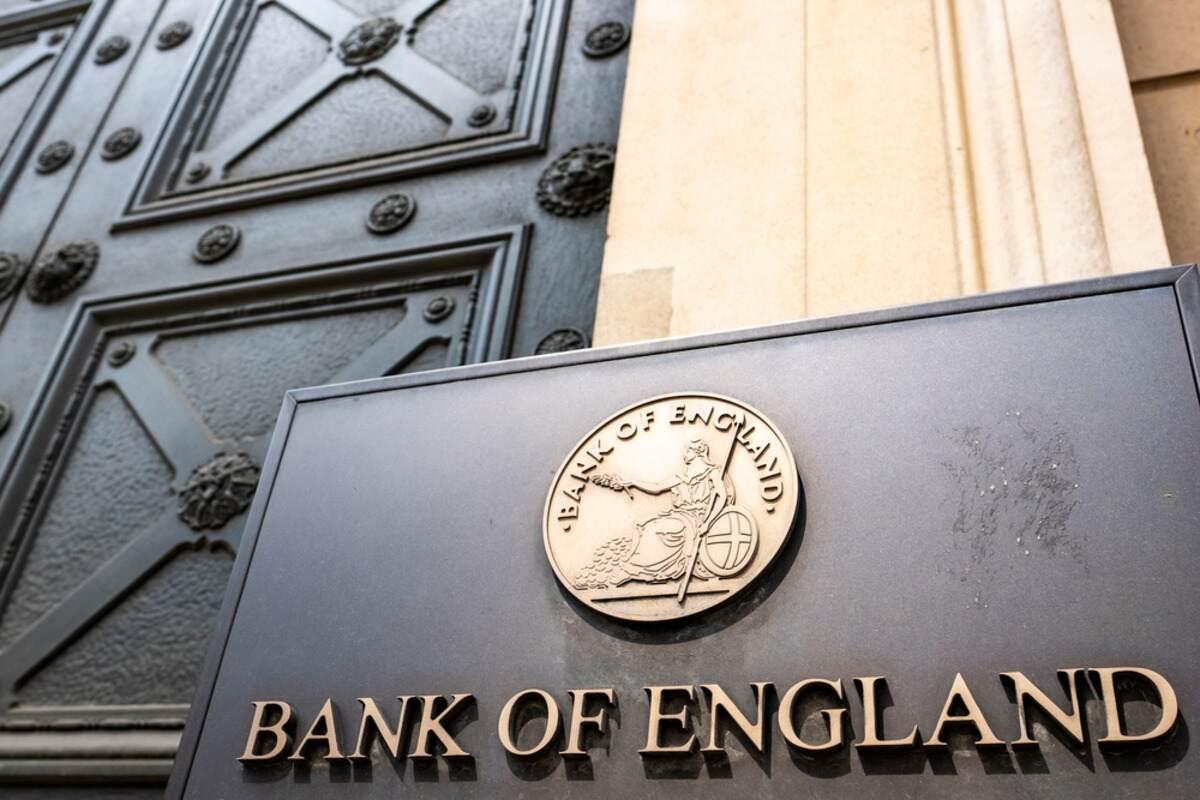Monetary policy implies to the action that the central bank or government of a country may take in order to influence how much money is there in the economy, as well as how much it costs to borrow. The Bank of England is the central bank of the United Kingdom, and uses two key monetary policy tools. As Kavan Choksi UK mentions, first of all the BoE sets the interest rate the charge commercial banks and other financial institutions to borrow money from them. This is also known as the Bank Rate. Secondly, the BoE may create money digitally to buy government and corporate bonds. This is called asset purchase or quantitative easing (QE).
Kavan Choksi UK briefly talks about the Monetary Policy Committee (MPC) of BoE
The Bank of England makes use of monetary policy tools to influence how much prices rise or fall in the country. They set monetary policy to focus on achieving the Government ‘s target of keeping inflation at 2%. Stable and low inflation is good for the economy of the United Kingdom and is the goal of the monetary policy. The BoE also supports other economic aims of the Government, especially in regard to growth and employment. At times, the BoE typically strive to balance their target of low inflation while supporting economic growth and jobs.
The Monetary Policy Committee (MPC) of the Bank of England decides the monetary policy action the central bank would take to keep the inflation rate in the country stable and low. The MPC comprises of nine members. Five of these members are already employees of the Bank of England, which includes its:
- Governor
- Three Deputy Governors
- Chief Economist
Four of the other members are people from outside the BoE, who have relevant experience and knowledge. These external members tend to work on the committee part-time as they may have other complementary commitments. The MPC sets the BoE interest rate or Bank Rate and other monetary policy. They hold a series of meetings, typically in the week that leads up to their public announcement.
Prior to starting off with their decision-making process, the MPC asks the staff of the Bank of England to present them with the latest economic data and analysis. This stage is known as the ‘pre-MPC meeting’. Subsequent to this, the MPC has three more meetings. The first one ideally takes place on a Thursday prior to the public announcement. At this meeting, members of the Monetary Policy Committee take a look at what happened since their previous announcement as well as talk about what that means for inflation and economic growth.
The second MPC meeting typically takes place on the following Monday. The Governor invites each of the committee members to provide their assessment of recent economic developments at this meeting. The members are also encouraged to say what monetary policy action they believe the BoE must take. The Deputy Governor responsible for monetary policy is typically the one to speak first while the Governor speaks last. As Kavan Choksi UK says, the final meeting generally happens two days after this, where the Governor states what monetary policy action they believe the majority of the committee members will support. Then all the members vote on it.
